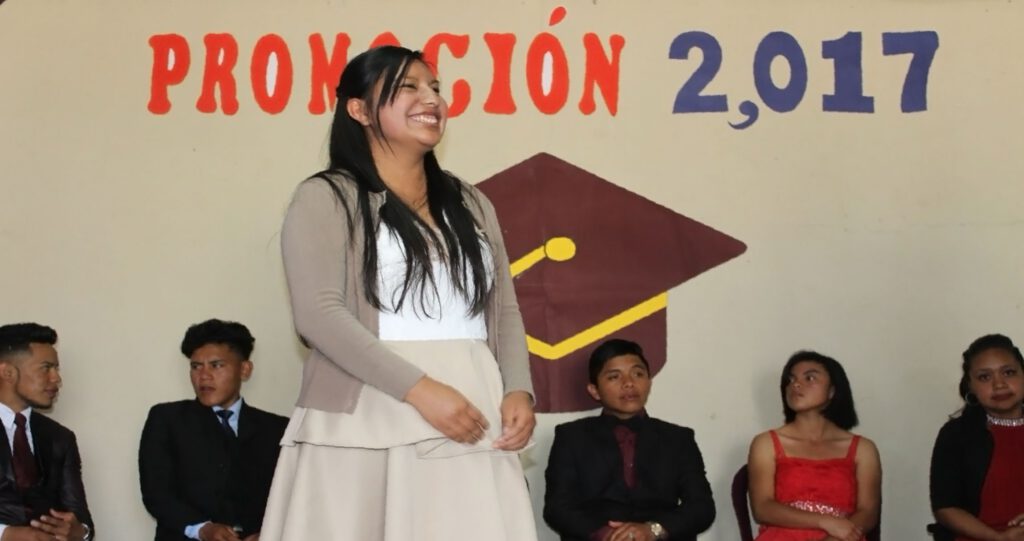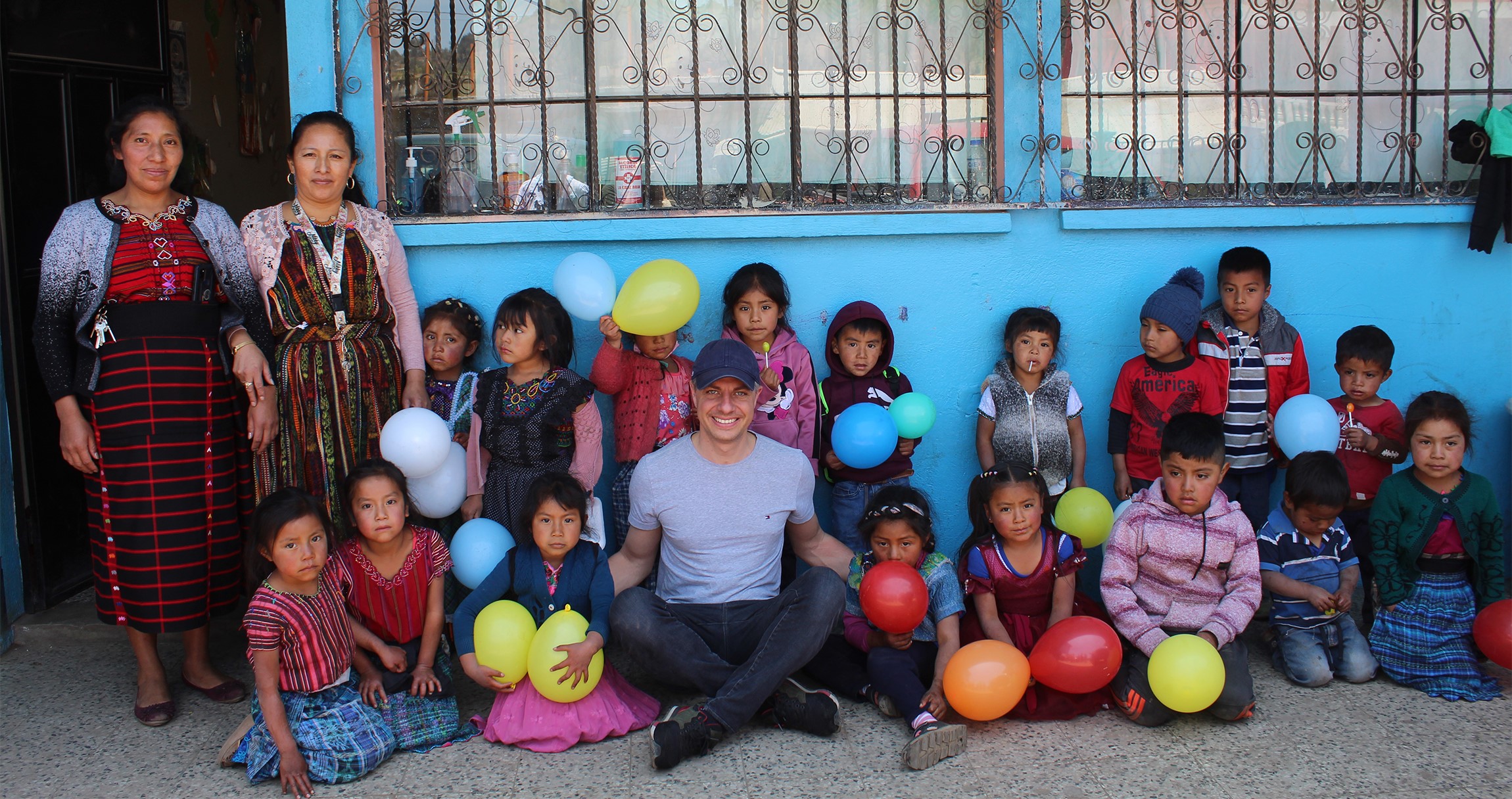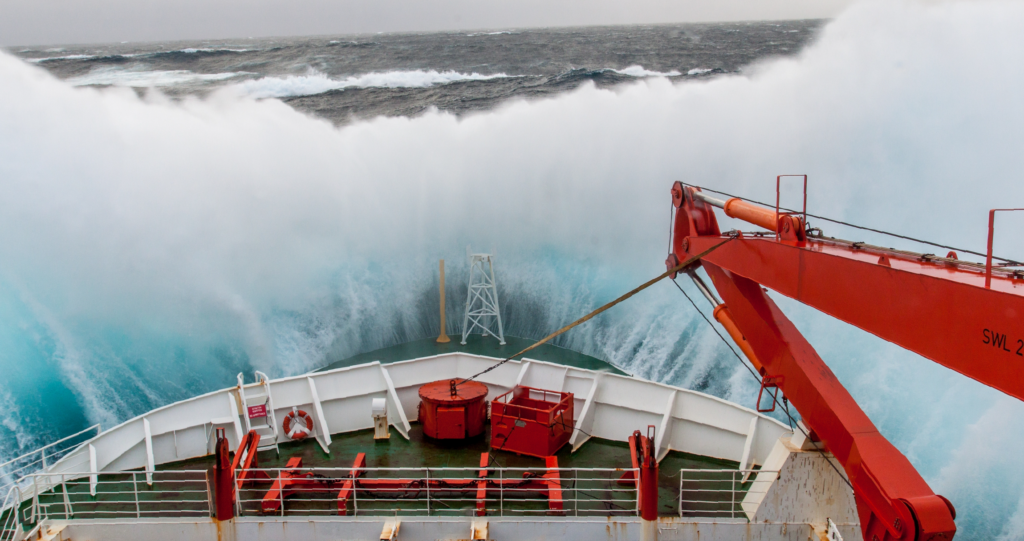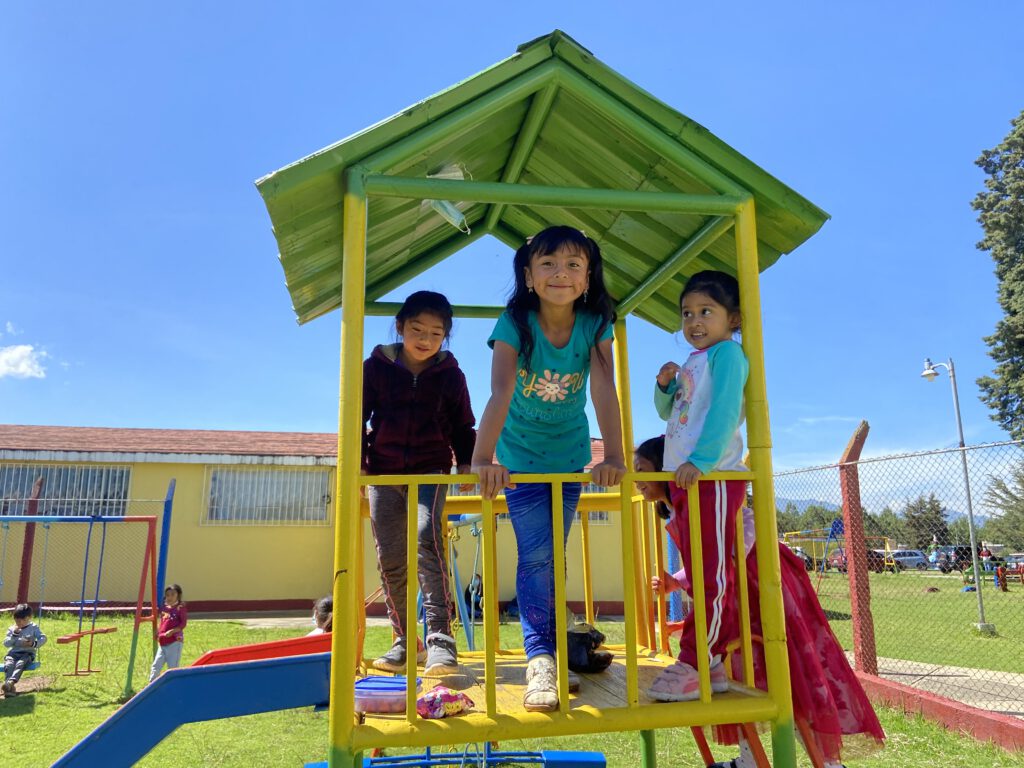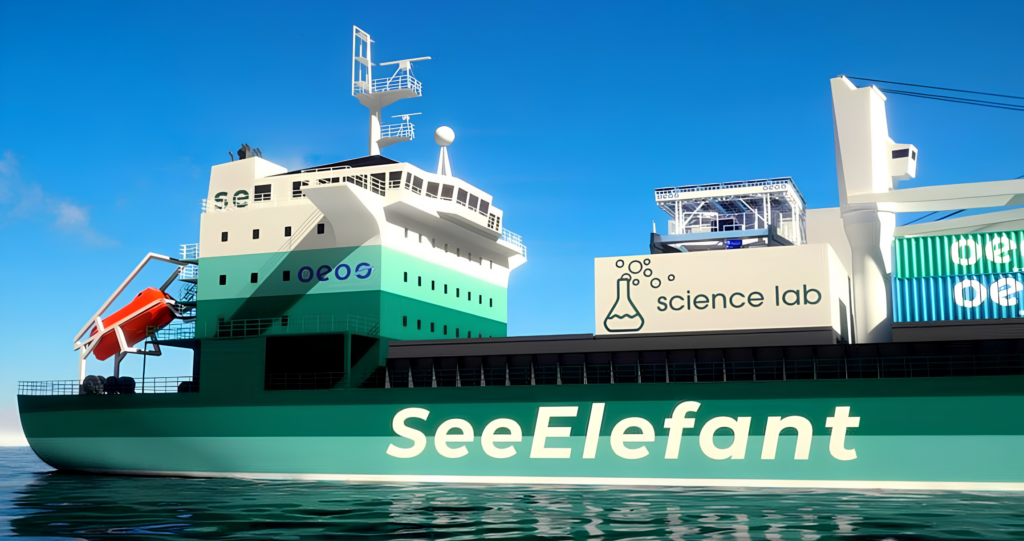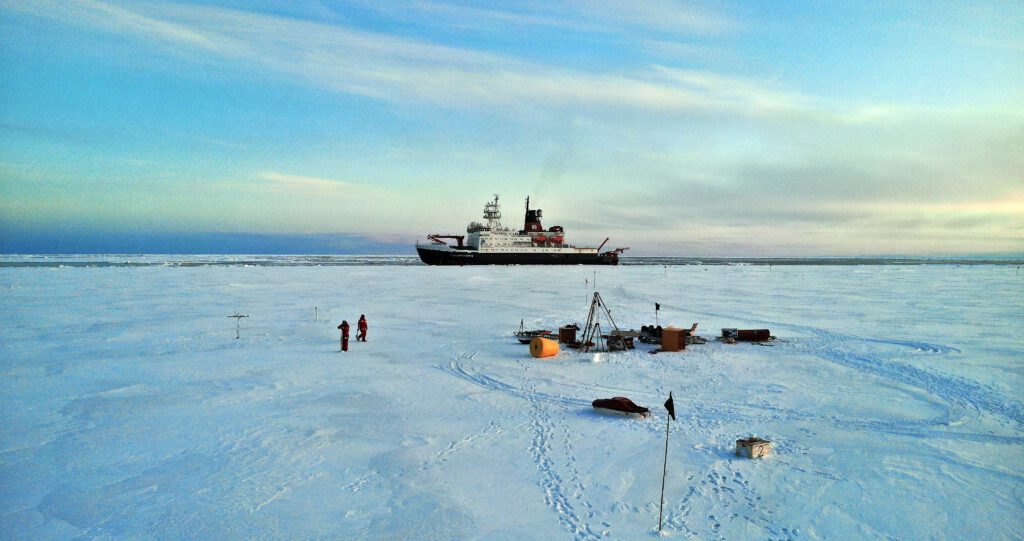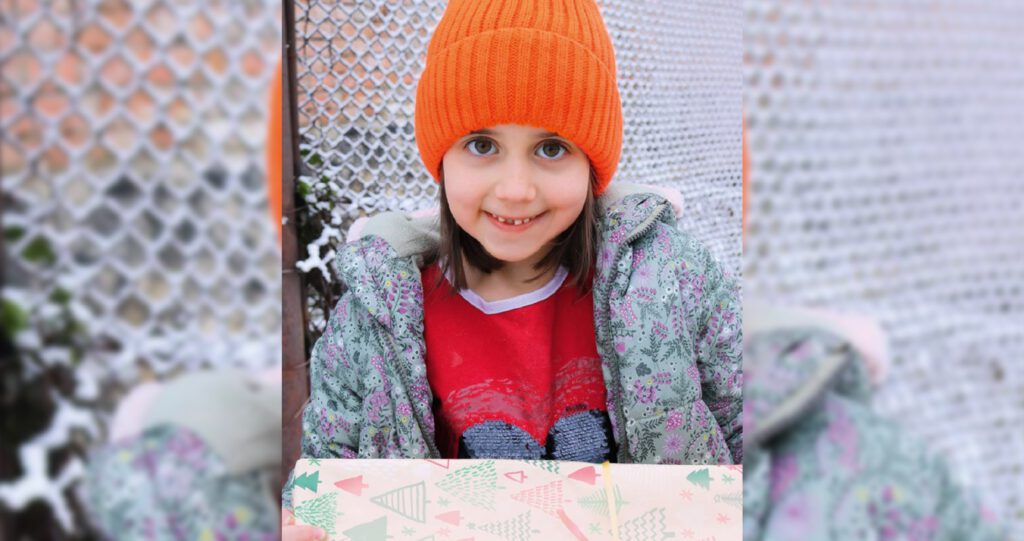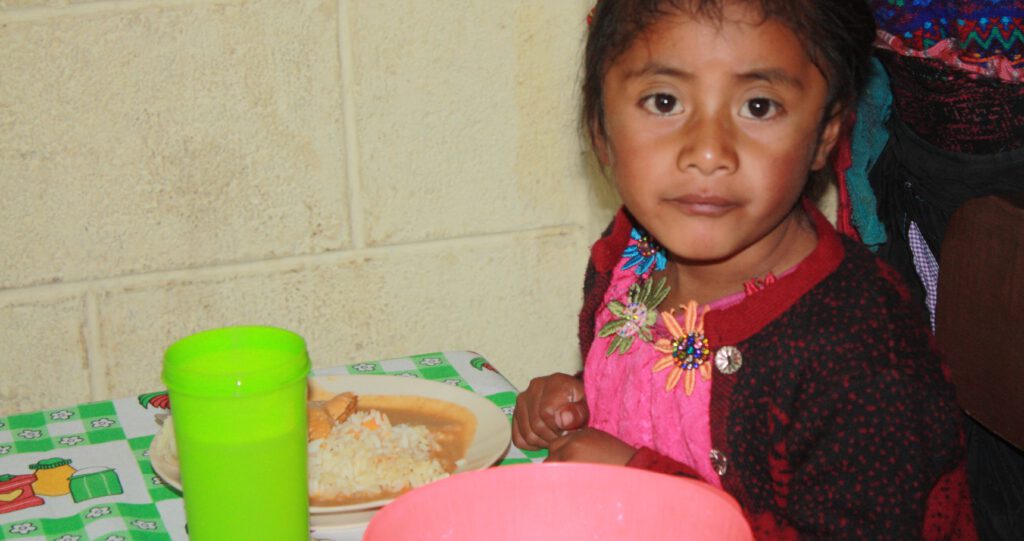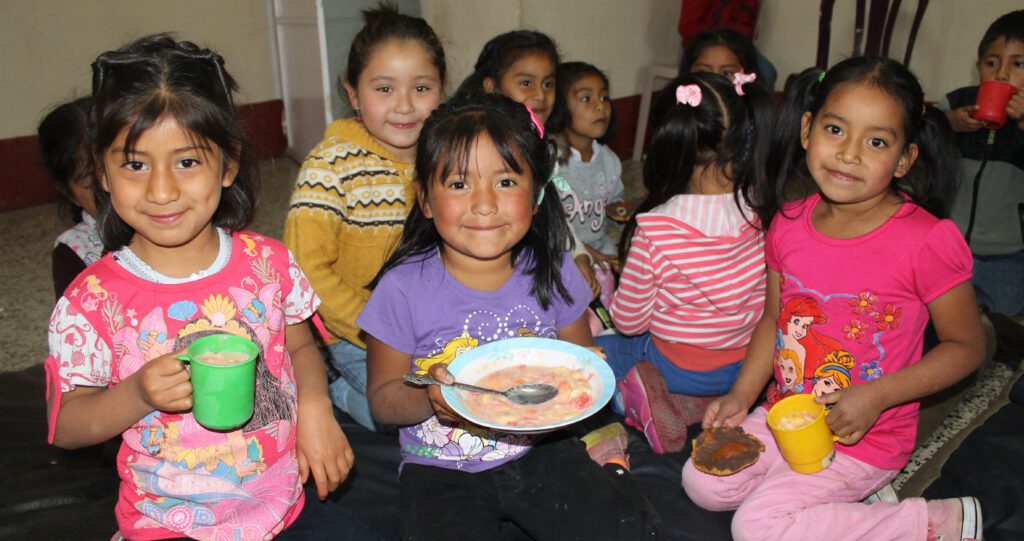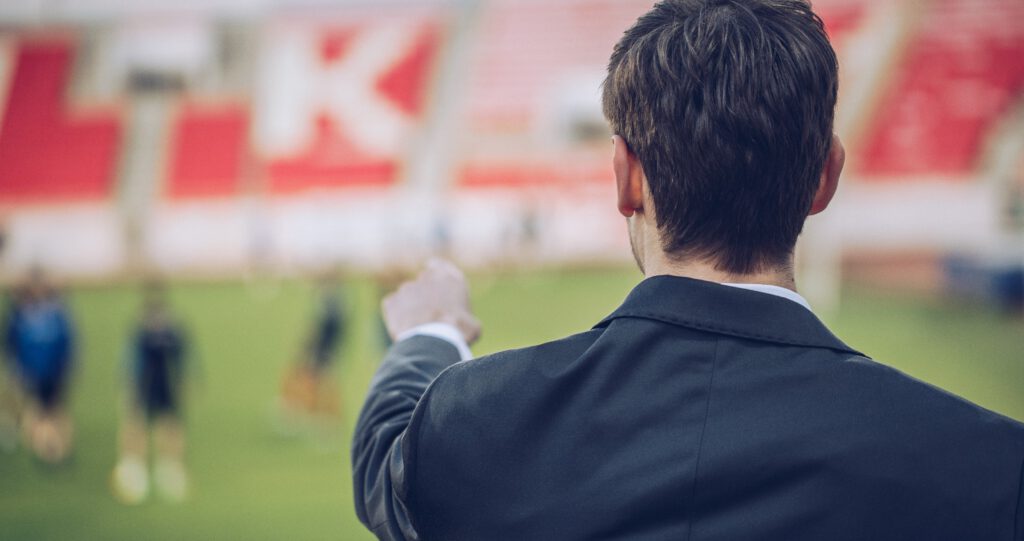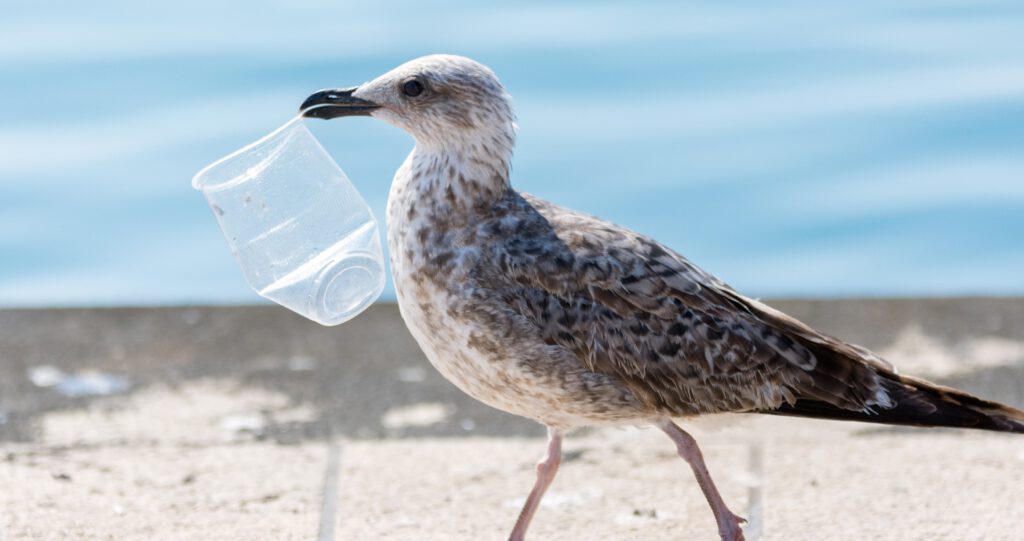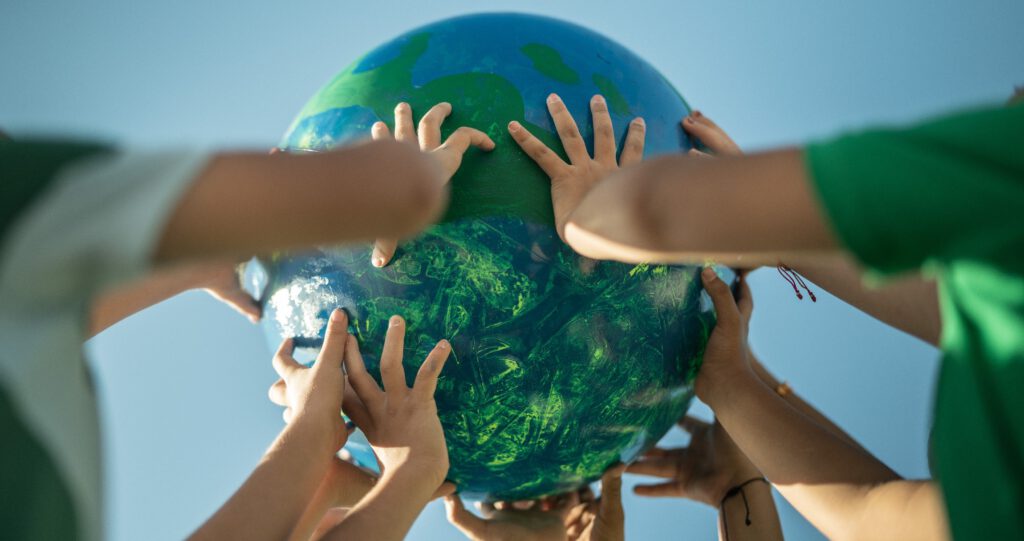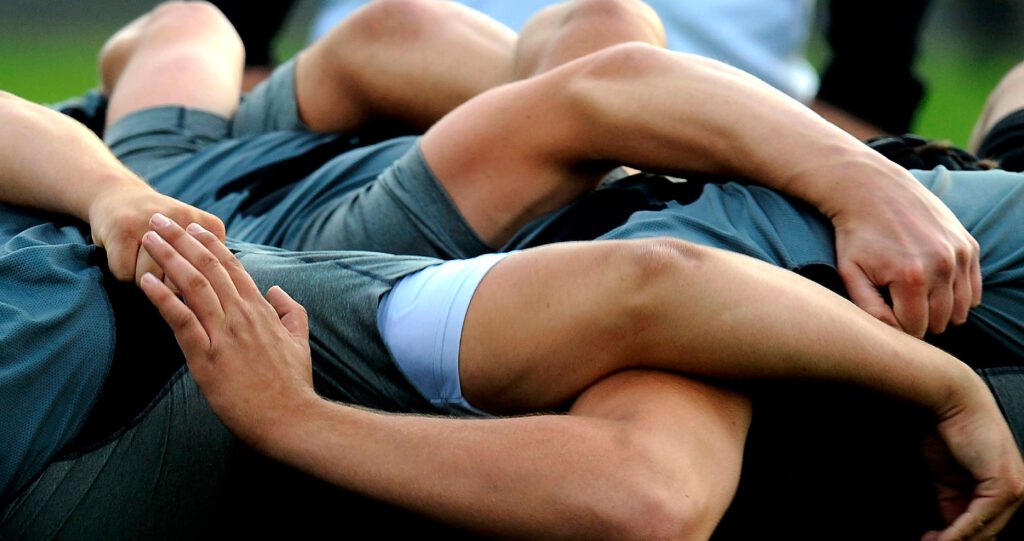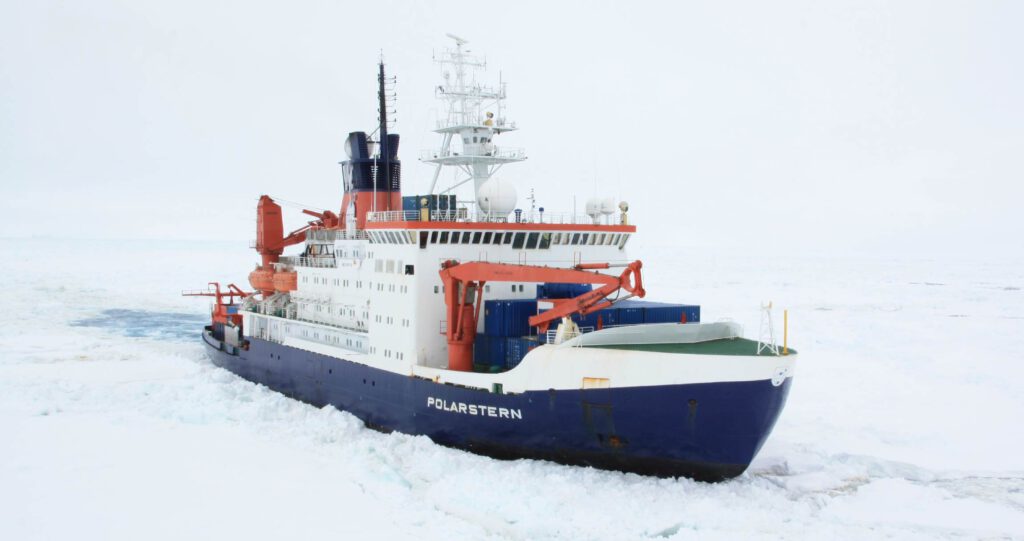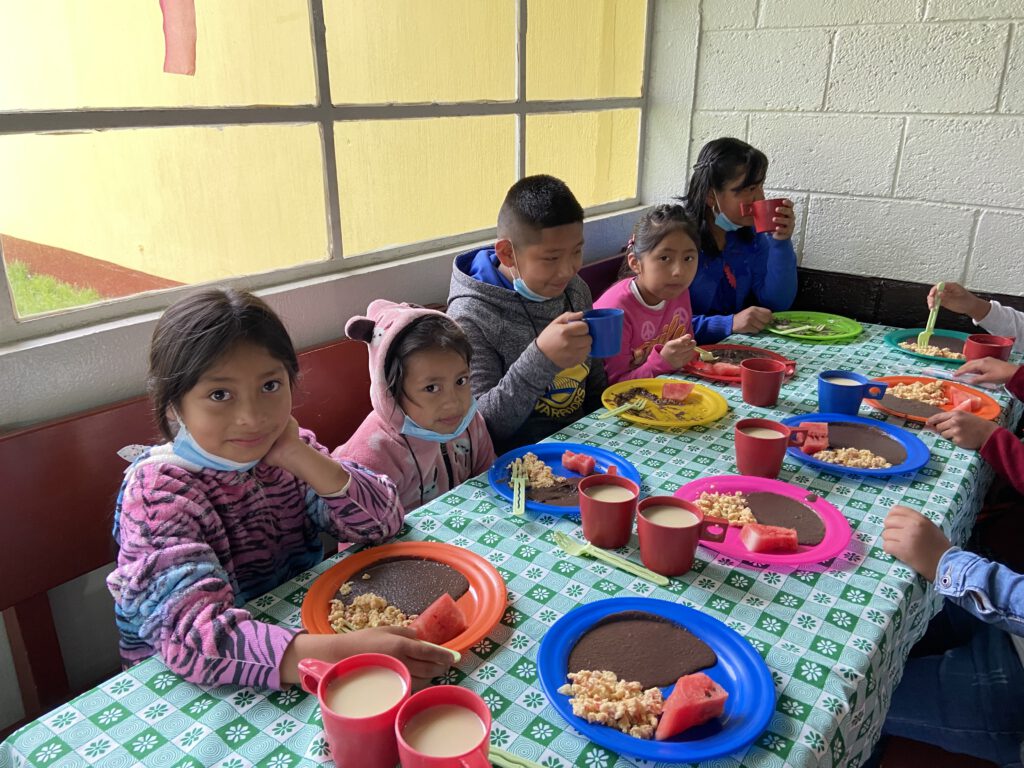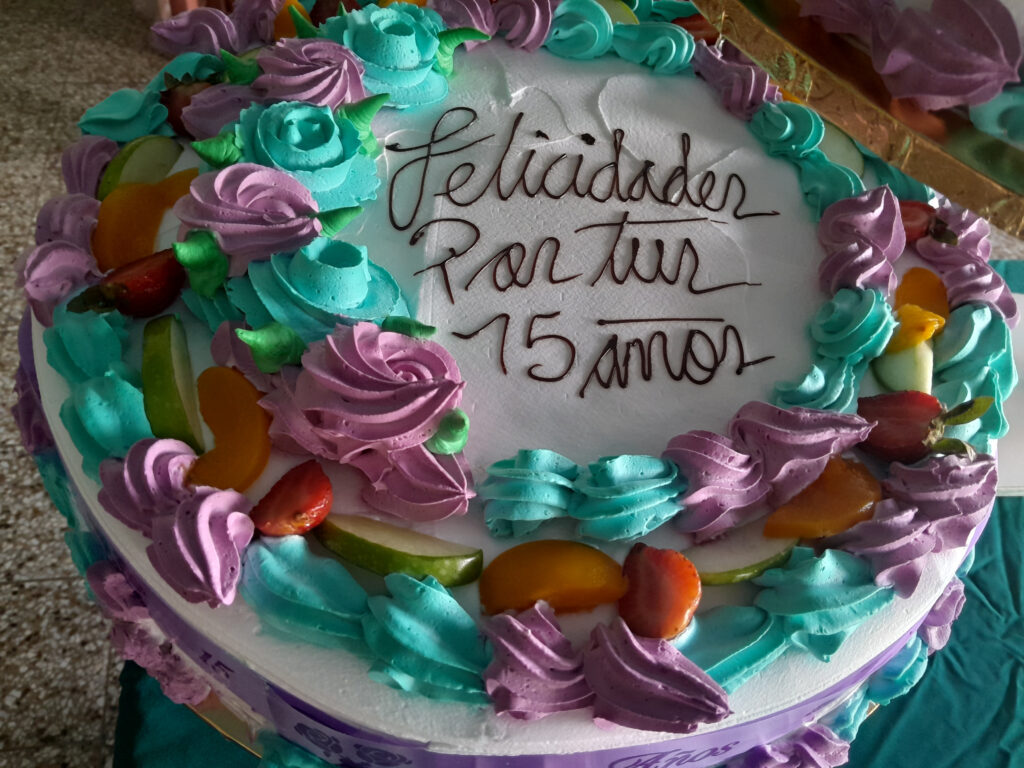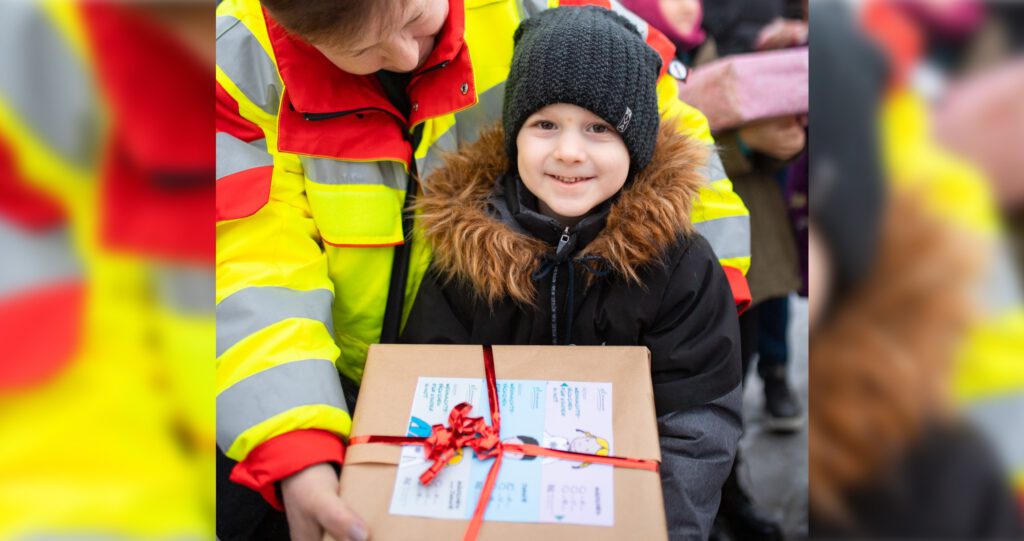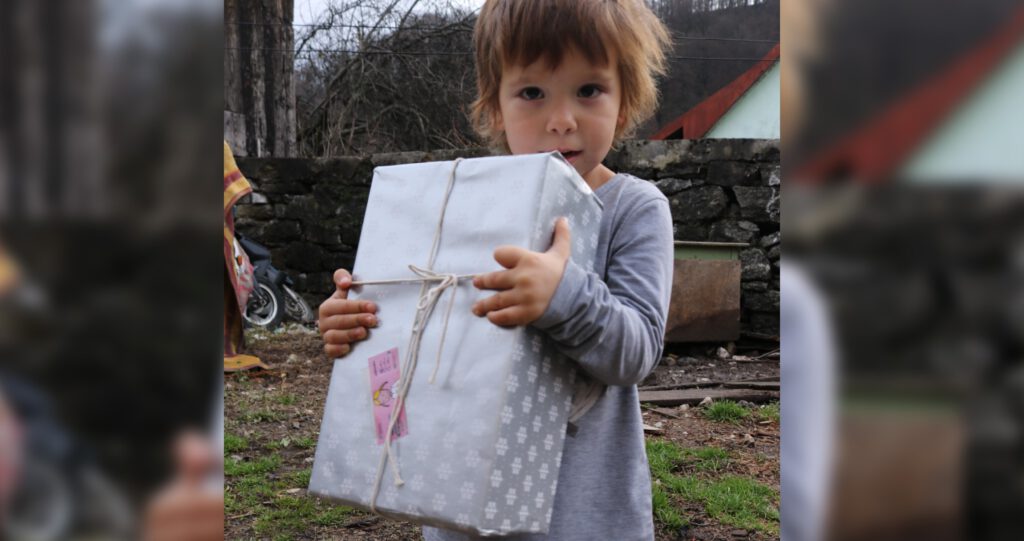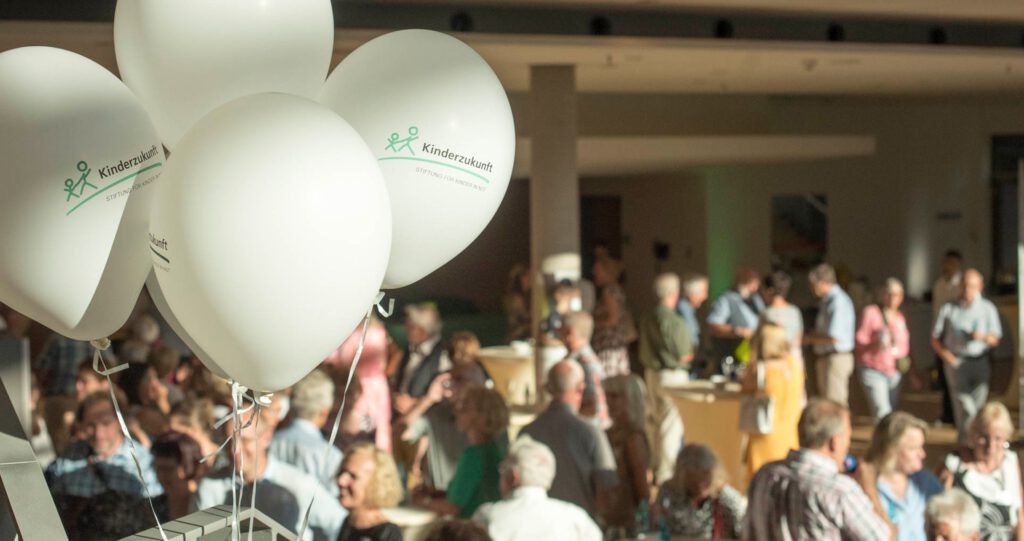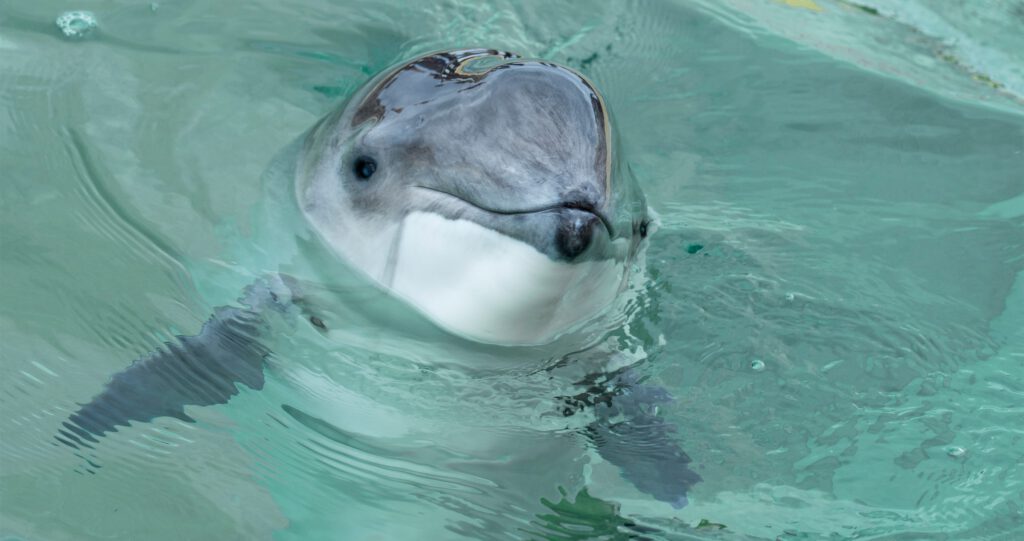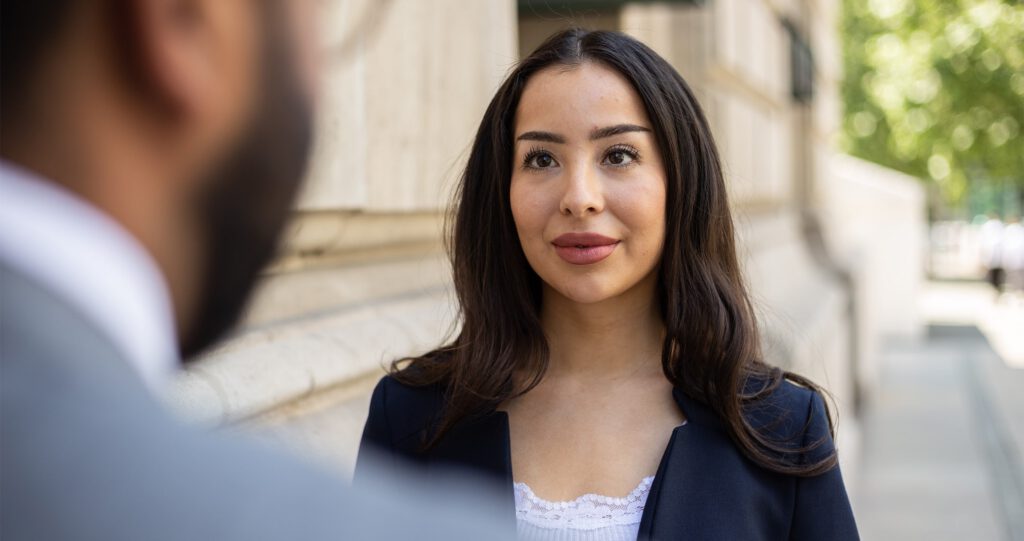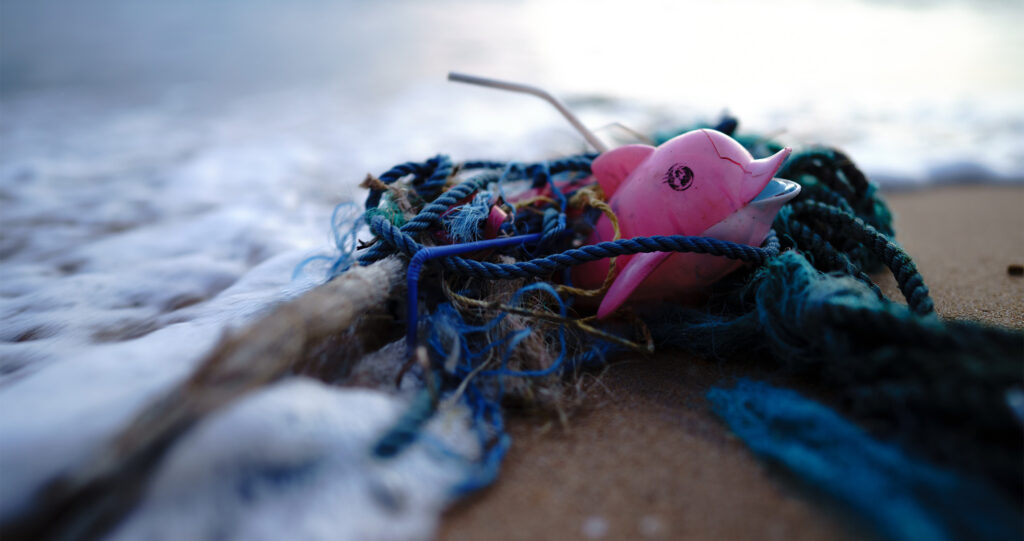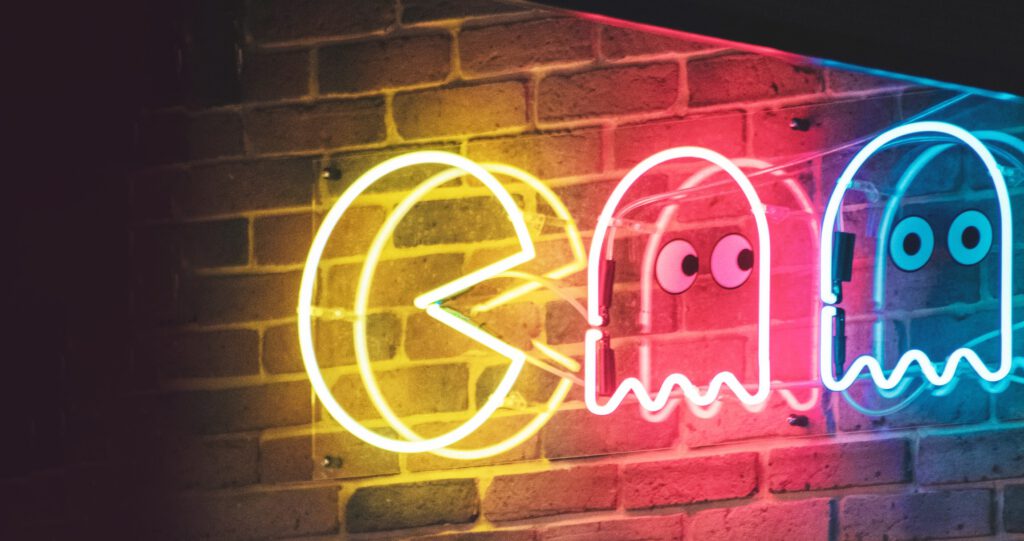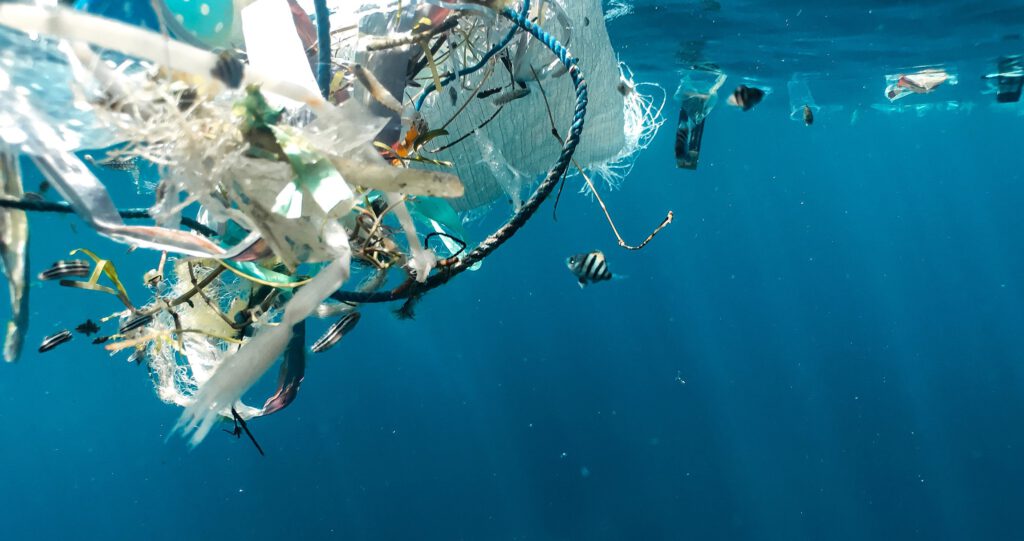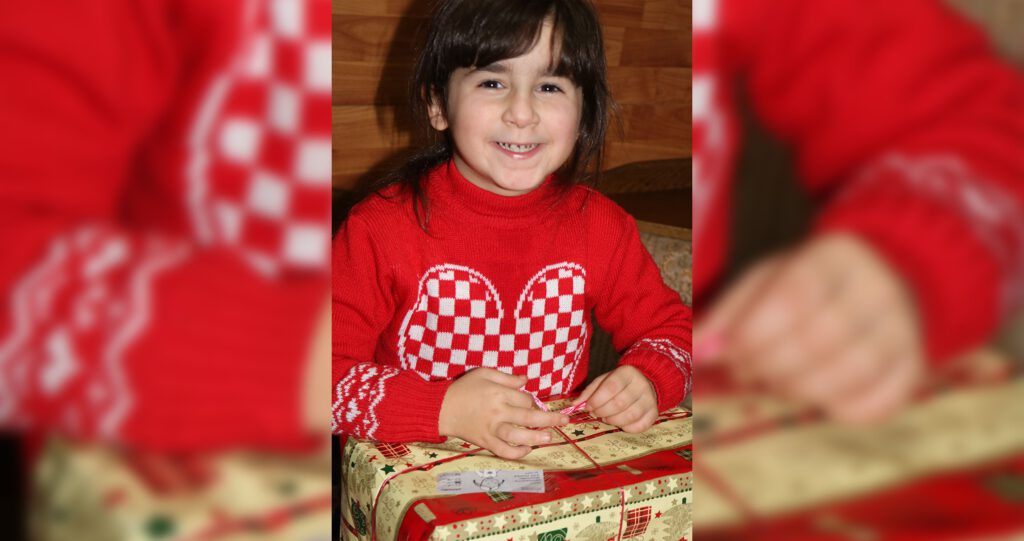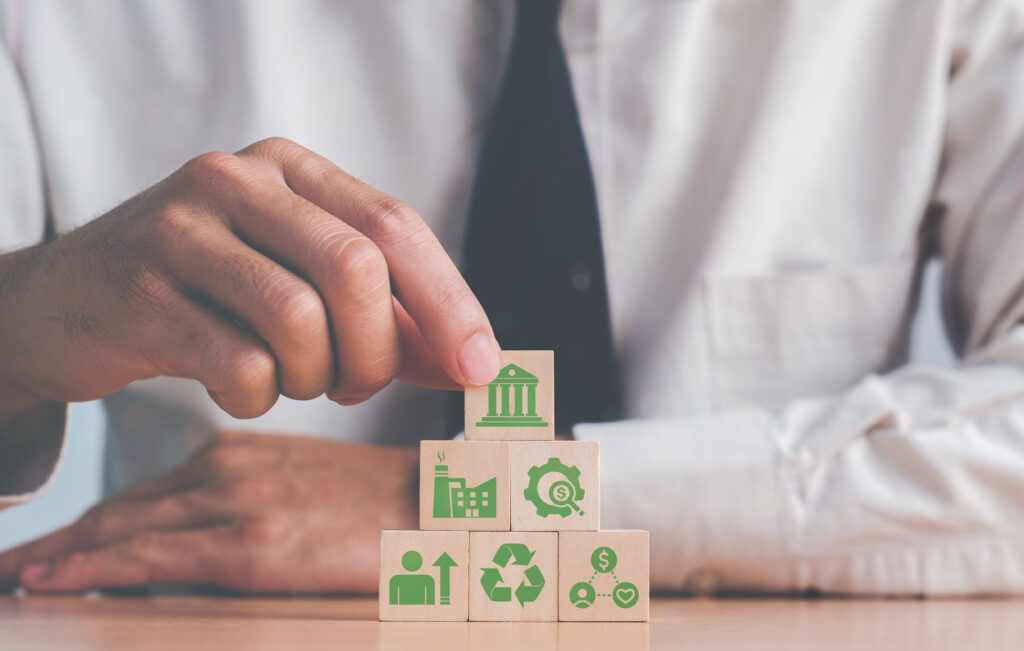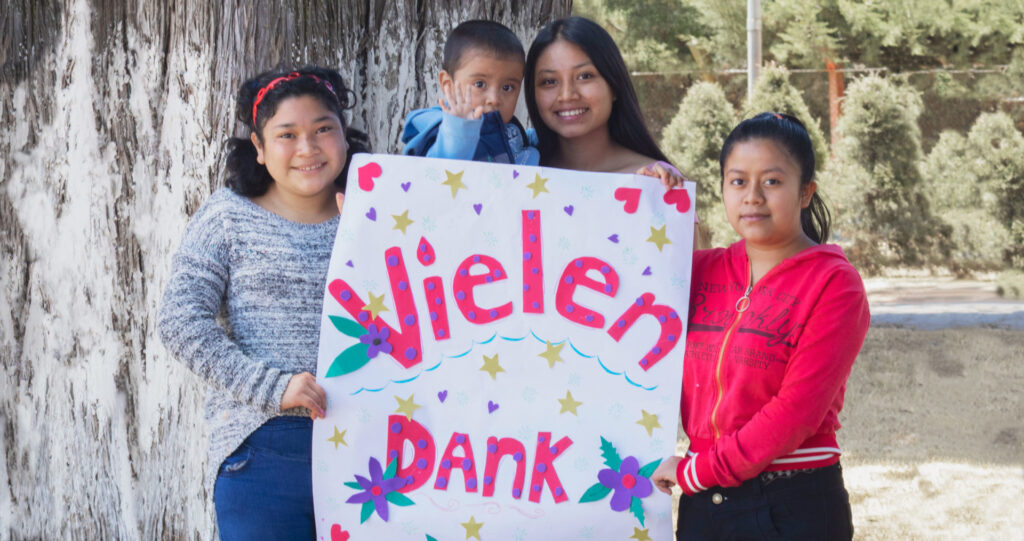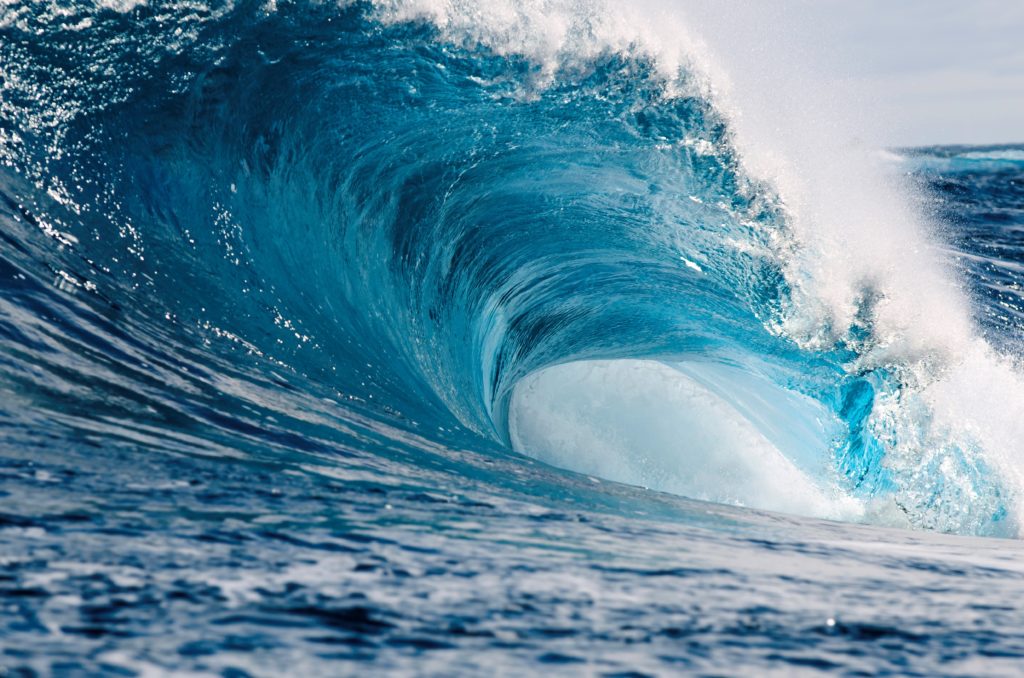“The thing that touched and delighted us the most during our entire, way too short visit was how children and grown-ups alike were enjoying their lives with so much optimism.“ – Daniel Bauer, Valdivia
Since 2021, Valdivia has been supporting the children’s village Aldea Infantil Rudolf Walther in the highlands of Guatemala. In April 2023 then, it was finally time for Daniel Bauer and his family to personally take a look at ’our’ children’s village ((Link 1)). Aldea Infantil was founded by the Children’s Future Foundation in 1991. Located in the highlands of Guatemala, it today offers protection, a sense of security, and a place to call their home to approx. 160 children.
”From the very start, it was important to us that the Children’s Future Foundation portray its work in a way that is high standard, humane, modest, and most of all promotes personal contact. Visits to supported projects and the sponsored children are always more than welcome and excellently organised. The children and the team there have never just anonymously taken our money. Today, through active exchange and especially through meeting in person, they have become a part of our life,“ says Daniel Bauer.
The Adventure is On
The trip via Houston first went to Guatemala City. The next morning, Jerson, Aldea Infantil’s driver and tour guide, was waiting in front of the hotel right at the appointed time. All the way to the village, he provided the family with information on the village and life in Guatemala.
Now a truly Guatemalan adventure began. Instead of the expected 3.5 hours, the trip took a full 6 hours and provided first-hand insights into this poverty-stricken country: gas stations guarded by heavily armed police. Unimaginable poverty. Villages made up of single houses here and there without any of the conveniences so normal to us, such as electricity and tap water; the closest water points are often a good foot march away. Shockingly narrow mountain roads do not stop one of those colourful ’chicken busses’ from overtaking the other vehicles in a traffic jam. Drivers running late, you see, have to pay serious fines.
Arriving at Aldea Infantil Children’s Village
The extensive premises of the children’s village at the edge of the small town Salcajá, by comparison, presented themselves as so much more attractive. Among the facilities that the 35 acres boost are 18 residential houses for groups, office buildings, guest apartments, work shops for job training, a school, a daycare facility for children, as well as a health care center offering its services to children in the surrounding area as well. All around, there are green areas for play. There is a football field, a basketball court, a school garden, extensive farming areas and a piece of forest. On top of all this, the Children’s Future Foundation also operates two outlets in the region: small schools where the children of the surrounding area acquire the most important skills – a silver lining in a country otherwise controlled by corruption, a state that fails to provide for, protect, or educate its children in any way.
Daniel Bauer, ”The contrast is downright painful: Seeing just how little money is needed to achieve so much, you just wish you could do more!“
Valdivia specifically supports House No 5. Just like any of the residential houses, it is home to the children here so they can live in a solid and strong family – often for the first time in their lives – with up to nine ’brothers and sisters’ and a family mother. Houses are well built, neat and clean, with bedrooms for two or four children each, another one for the house mother as well as a kitchen and a bathroom.
Just Like Visiting Family
All of the village’s management gathered to welcome the visitors from Germany. The ice broke easily over tea and cookies. No-one was shy to meet and greet the other ones. A merry mix of German, English and Spanish filled the room. ”We did not feel like strangers, but like part of the family practically right away,“ Daniel Bauer remembers – a feeling that prevailed and even grew stronger all through the stay.
It was not a mere coincidence that Daniel Bauer’s daughter celebrated her birthday just the following day and village children were more than happy to arrange for a proper party. “Clearly, it was not an obligation that had to be done for us, the visitors, but also an opportunity to celebrate for the children themselves“, Daniel Bauer explains. Honouring the birthday child’s favourite heroine, the decoration was all mermaid-themed. There was plenty of cake, pizza and local dishes, the latter being made from home-grown ingredients, and – as is the tradition at a truly Guatemaltan children’s birthday party – a large, well-filled piñata.
Friends Far From Home
Even if the party was definitely a highlight, it was not an exception. As if it was the most natural thing, the Bauer Family were involved in the villagers’ lives. They had meals together with the ’family’ in House No 5. The German children quickly made friends and played with their other children of the same age, despite of the language barrier. When visiting a school class, Daniel Bauer ’tested’ the pupils’ knowledge. Due to the lack of language skills, it had to be Maths: “2 + 2 = 6,“ he wrote on the board. A storm of protest hit him right away and he was corrected to write ”4“. More exercises like this followed, during which the children displayed an enormous joy of learning.
Other ties were also strengthened: The 15-year-old son of a Valdivia employee took on the role of the godfather for a 6‑year-old boy who had only come to the village as an orphan last year. Now the Bauer Family could hand over a present to the child, two toy cars he had been waiting for so desperately. Yet, the connection that the two boys have roots much deeper: The six-year-old comes from a very remote region and, at the beginning, he only spoke its local dialect. So now, his godfather and him are learning Spanish together – right from the start, despite the difference in age and the long distance between them.
Aldea Infantil – A Chance for the Most Helpless
”The children of Guatemala often grow up under the most horrible circumstances,“ Daniel Bauer reports. ”Some as orphans, some abandoned because their parents…often single mothers…can no longer feed them. Moreover, a lot of them experience violence, diseases and more out on the streets. Those who are lucky enough to get into the children’s village are often heavily traumatized. That is why there are also psychologists that take care of the children. Aldea Infantil’s engagement, however, goes much further than that: They prepare and give out meals for the children of the village and the surrounding area; most of the times, this is the only nutritious food in a day for these children.“
Achieving So Much With So Little
It was very important to the Bauer Family to listen to the concrete needs of the village and its outlets – consistently modest and hands-on wishes. One of the schools, for instance, would only need a simple shelf, the type that you would easily buy for a couple of euros at a random DIY store. Another one wishes for some wall paint and, finally again, a fully functional toilet so that the children do not have to take to the forest when they need to relieve themselves. The village would be happy about a firm plastic board for the greenhouse, a projector as well as books and bookshelves for the small library. The most pressing need right now: a motor-plough for the farming fields and vegetable beds that, today, still need to be worked with their hands. Ploughing would lead to much better harvests and improve the village’s system of self-support.
Mind you, the village management, staff and children are not idle. Everybody is busy all the time, Daniel Bauer recounts: ”In the workshop, they were repairing a washer and I could see self-installed solar panels on some of the roofs. If you ask what is missing, they are not shy to say what they need, but otherwise you will hardly ever hear any wishes or complaints.“
Not a Farewell, But a Beginning
“We met so much natural warm-heartedness that we found it hard to leave again,“ Daniel Bauer closes his report. ”Most certainly, this was not our last trip there. There is a chance that there will even be a program for the entire Valdivia staff to fly there for one tor two weeks and get active themselves.
This is where the concept of the Children’s Future Foundation is so covincing and clearly differs from others: You do not just transfer a money donation to some bank account, you will actually get something in return – joy, perspectives, a bit of a future together. This aspect has been so important to us at Validivia from the very start, but it was our visit that made it something tangible. This personal, human contact in a world so different from ours has touched me and my family so much … I can only encourage everybody else to go and have the same experience!“
Daniel Bauers concludes: ”Besides the omnipresent commitment of everybody involved, I found it important to know that all our donations will always reach the goal. The Children’s Future Foundation has been listed with the DZI (= ”Deutsches Zentralinstitut für soziale Fragen”, roughly: German central institute for social matters) for many years: The DZI-Spenden-Siegel (DZI’s donations certification) is proof that the foundation handles the money it is trusted with with all diligence and responsibility. And I think it makes the foundation even more likable that they promote their cause with positive pictures only, without presenting the children as undignified victims. Their appearance as a whole conveys hope and future-orientation.“
Join the cause and help!
You can support the project in a variety of ways – as an individual, as a club or society, and also as an enterprise. Visit the Children’s Future Foundation’s website for more information and find out which of the options suit you the best! The foundation…
- guarantees that 100 % of your donations will reach the children,
- fights poverty right there where it is rooted and targets its causes,
- is active at ‘forgotten places’ where there is hardly any other help,
- stays with the children until they have made it
…so that the children themselves will be able to bring optimism, know-how and peace into their communities.
The main purpose of the foundation is to make young people strong enough to help themselves. This starts with their physical and mental well-being. In a next step, they acquire the knowledge and skills to build up their lives once they are grown up, to stay in their home country, and to later help others as well. This way, every donation or support has a sustainable effect.
Stiftung Kinderzukunft (The Children’s Future Foundation)
Rabenaustraße 1a, D‑63584 Gründau, Germany
Hans-Georg Bayer
Managing Director
Fon: +49 60 51 48 18 14
Fax: +49 60 51 48 18 10
Email address: hans-georg.bayer@kinderzukunft.de
Internet: www.kinderzukunft.de
Make your donations payable to
Bank: Commerzbank Hanau
IBAN: DE79 5064 0015 0222 2222 00
BIC: COBADEFFXXX
Please state ”Valdivia Zukunft — Kinderdorf Guatemala“ as a reference.
